
Developing ecotourism program
In the middle of February 2019, Malasari village have the opportunity to accept study tour visits from Japan.
This study tour was conducted for Japanese young generation who interested in environmental conservation activities.
In this term, we will report about the acceptance of this study tour which was a great experience for villagers.
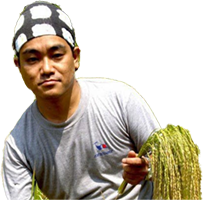
Last 3 month activities:
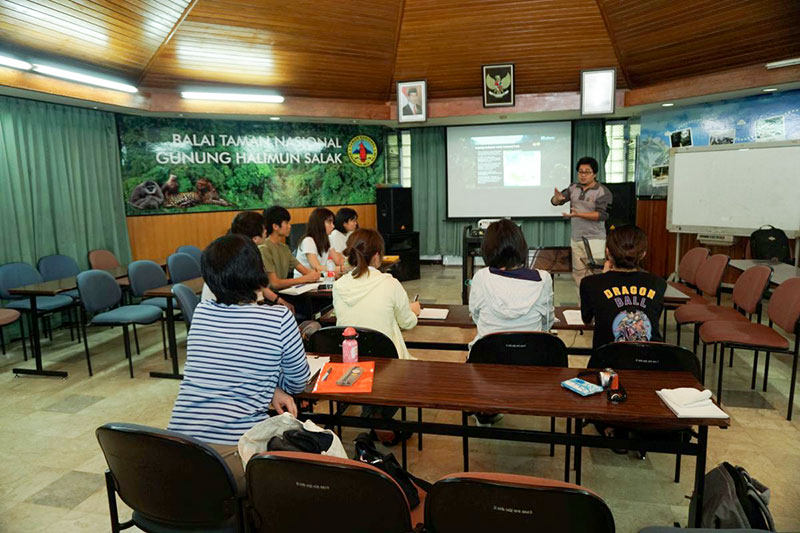
Lecture by National Park staff
The morning activities on the second day are jungle trekking. The young people of Marasari village who have been well trained in the past two years will guide tour participants to the forest. It seems that everyone from Japan had a good reputation for the canopy trail, which looks at the crown of trees from above.
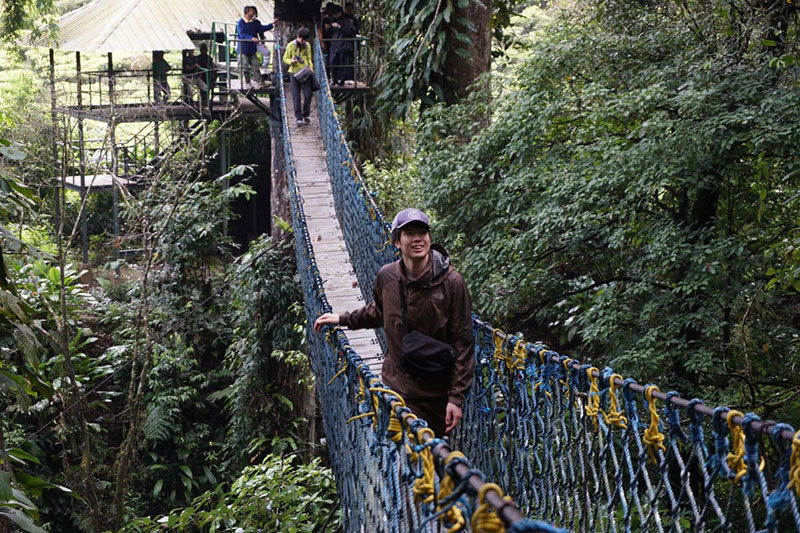
Forest observation on the canopy trail
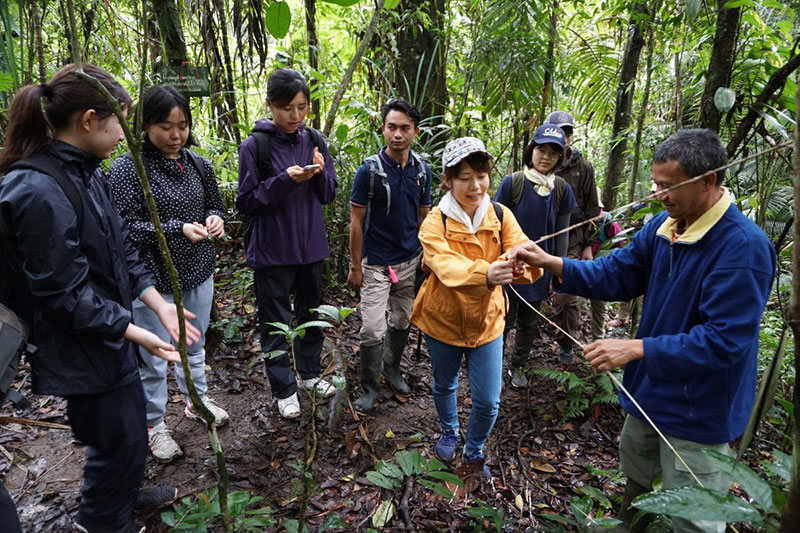
Explanation of rattan by local interpreter
In the afternoon, young people from both Japan and Indonesia discussed about activities. Many questions are asked from Japanese to young people in Marasari village.
The main object of interest by Japanese participants is "Why did you decide to implement ecotourism?" Villagers’ responds clearly that they do not exploit natural resources by illegal logging but expect the development of ecotourism as a means to establish daily life while conservation nature.
The third day's activity was a cultural experience in the village. It is the field that most effort at the moment in the ecotourism packages in Marasari village.
When the Japanese group arrives at the center of the village, it is greeted by the sound of rice threshing. It is a traditional milling operation by village women. Japanese members seemed to be delighted by the first experience of rice threshing in their lives.
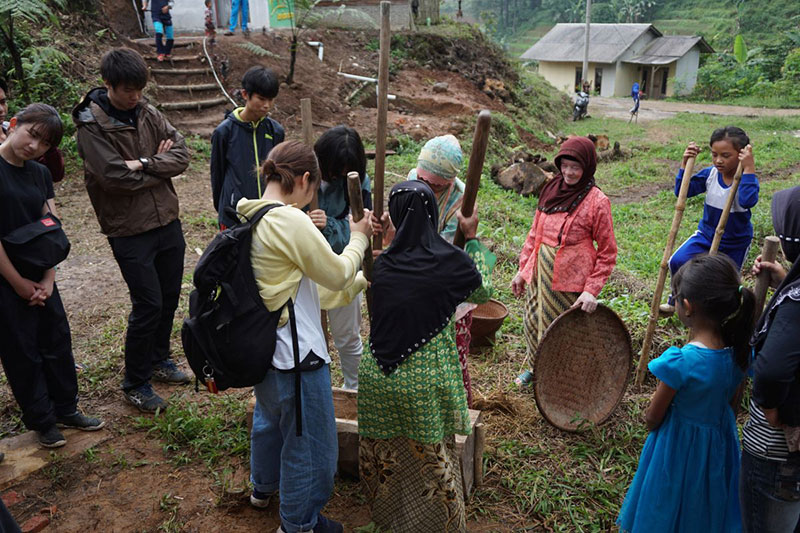
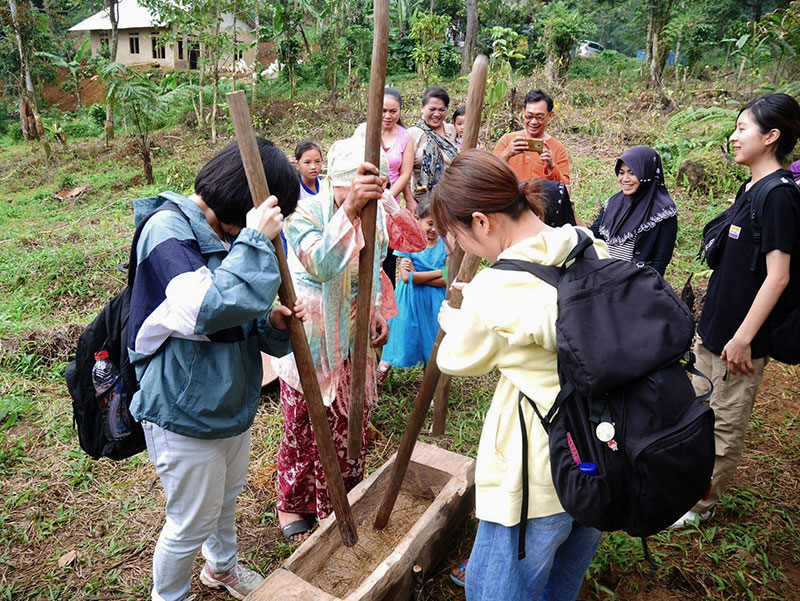
Rice threshing is one of the highlights of the cultural experience program
After the rice threshing experience, they try to harvest of agricultural products. Villagers and Japanese participants harvest together vegetables in the crop field such as cassava, green beans and eggplant. The harvested vegetables are brought to home and cooking classes are held immediately. These interaction with villagers seems to be a very valuable experience for tour participants from Japan.
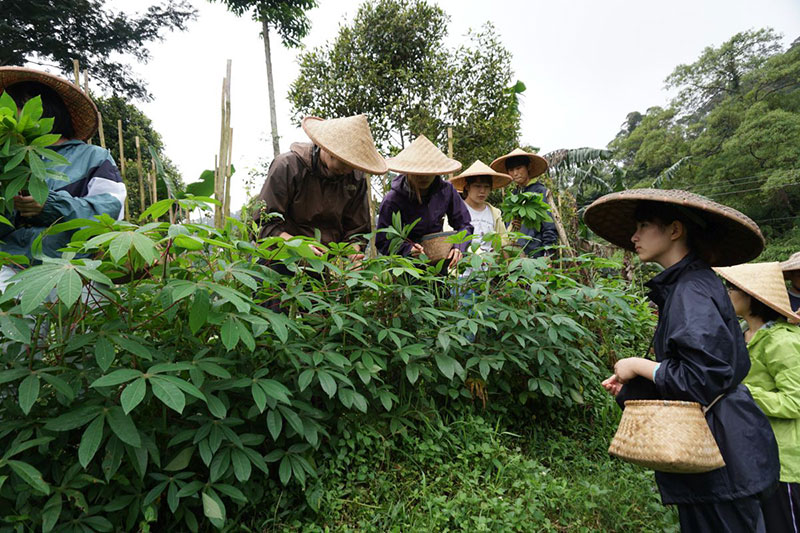
Harvesting Cassava
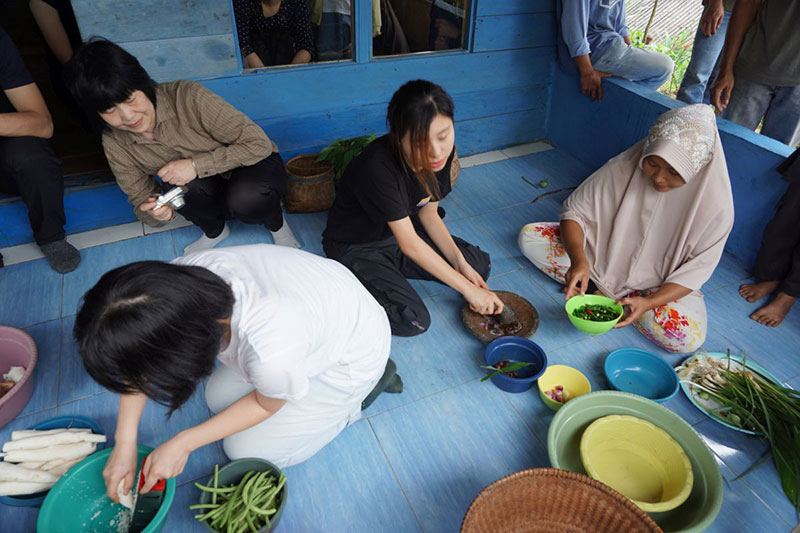
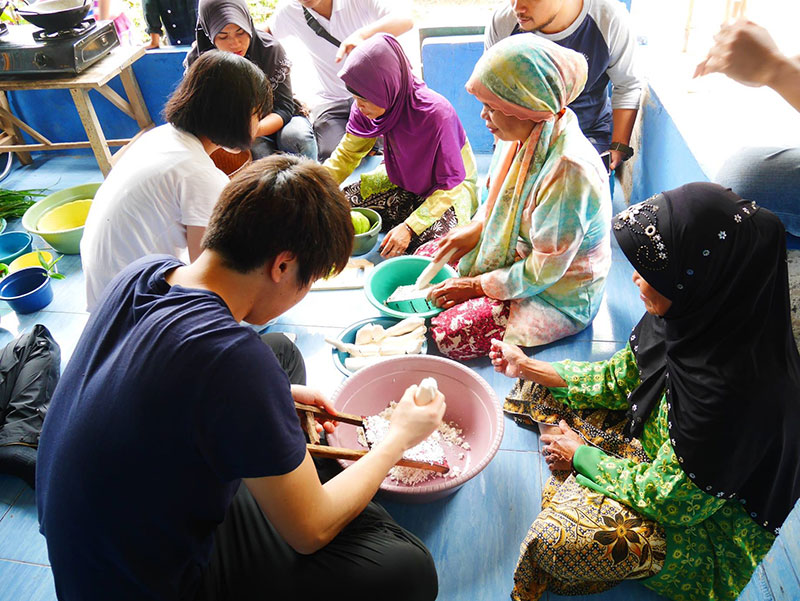
Culinary experience using harvested vegetables
Villagers also learned a lot through visits by Japanese tourists. It seems that this experience has gained great confidence in continuing the ecotourism program for the villagers.
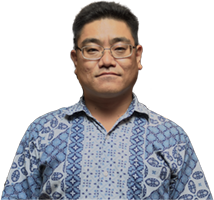
Our Next Three month
• Continue the guidebook making work that began in October 2018.
